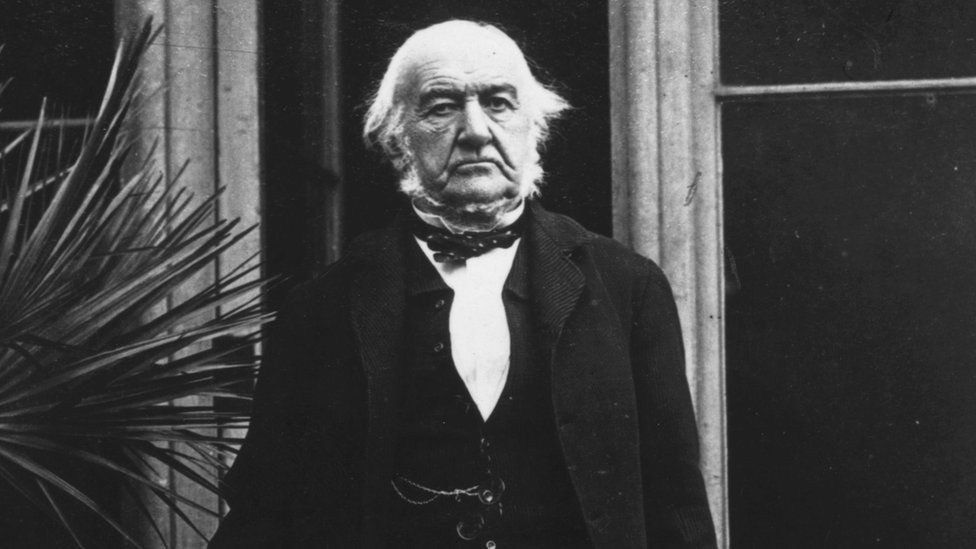The family of Victorian-era prime minister William Gladstone are due to travel to the Caribbean to apologise for the historical part an ancestor played in the slave trade.
William was the son of John Gladstone, who was one of the largest slave owners in the British West Indies.
Charlie Gladstone, the great-great-great grandson of John, said he “felt absolutely sick” when he found out about his family’s slave-owning past.
“We have no excuses for him,” he said.
Charlie Gladstone, whose family’s ancestral home is Hawarden estate, Flintshire, is due to travel to Guyana, South America, with five other family members to make an apology for John’s ownership of Africans, according to The Observer.
They also reportedly intend to pay reparations to fund further research into the impact of slavery.
Who was John Gladstone?
John Gladstone was a Scottish merchant who made a fortune as a Demerara sugar-planter and had hundreds of enslaved people working in plantations in the decade before emancipation.
The 1823 rebellion in Demerara, a British colony that later became part of Guyana, started on one of Gladstone’s plantations, with some historians arguing its violent suppression had a role in bringing an end to slavery.

After slavery was abolished in 1833, John received the largest compensation payment made by the Slave Compensation Commission – about £93,000, the modern equivalent of about £10m.
In 1831, William Gladstone, who was Liberal prime minister on four occasions in the 19th Century, used his first Commons speech to argue in favour of compensation for slave owners.
But by 1850, his family said he was a “changed man”, with the former leader describing slavery as “by far the foulest crime that taints the history of mankind”.
Charlie Gladstone told The Observer: “John Gladstone committed crimes against humanity. That is absolutely clear.
“The best that we can do is try to make the world a better place and one of the first things is to make that apology for him.
“He was a vile man. He was greedy and domineering. We have no excuses for him.”
Related Topics
- Wales
- Slavery
- Hawarden
